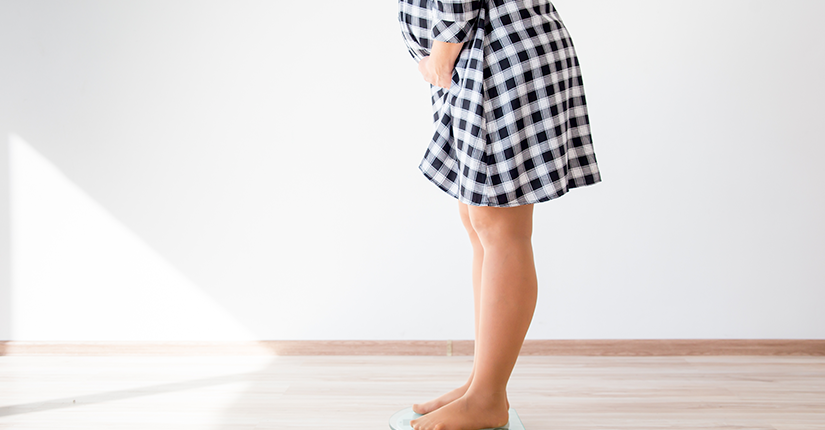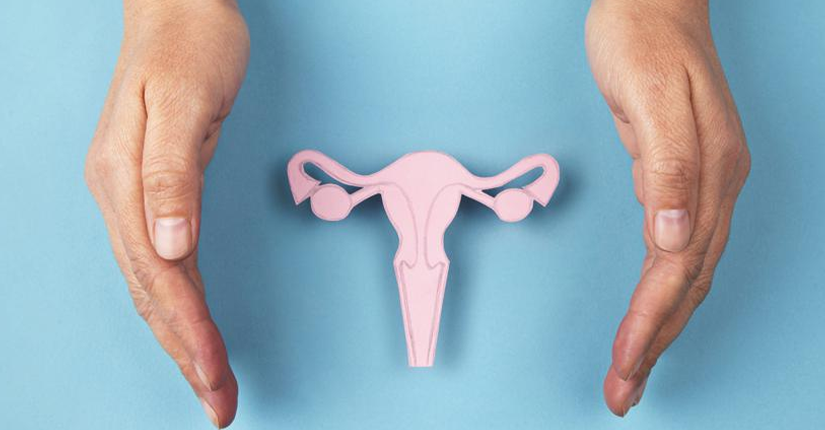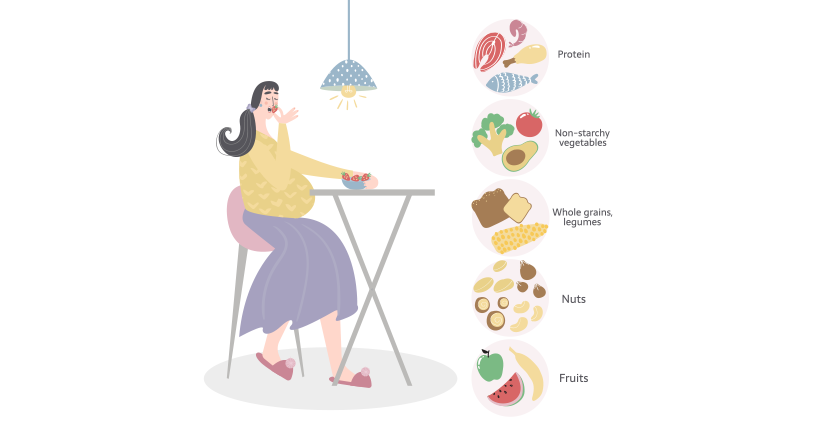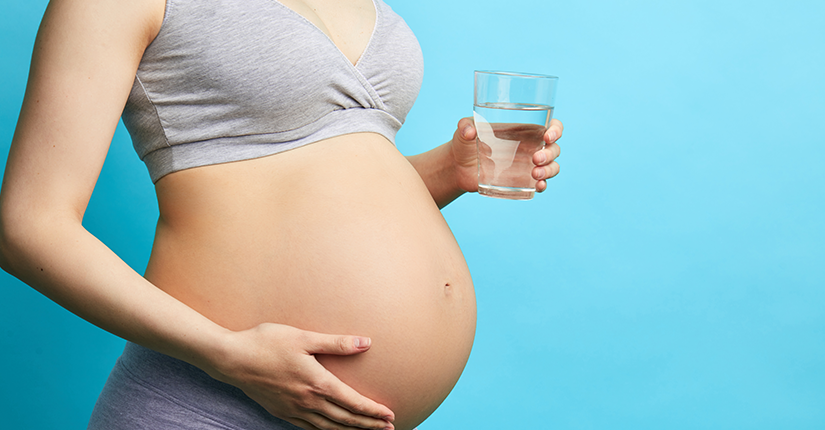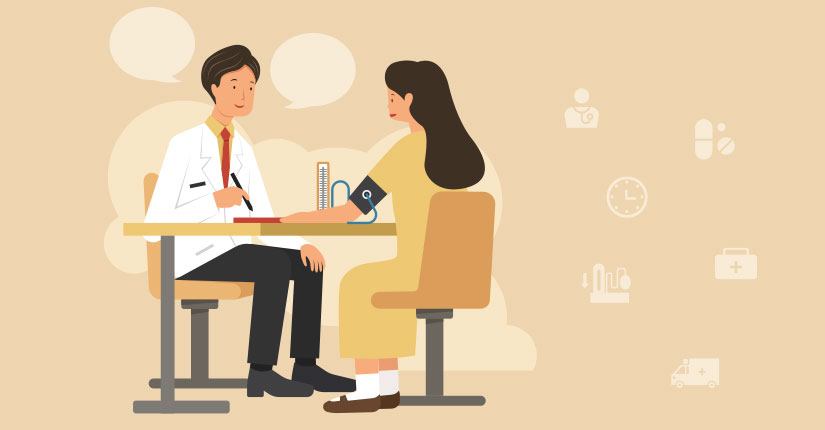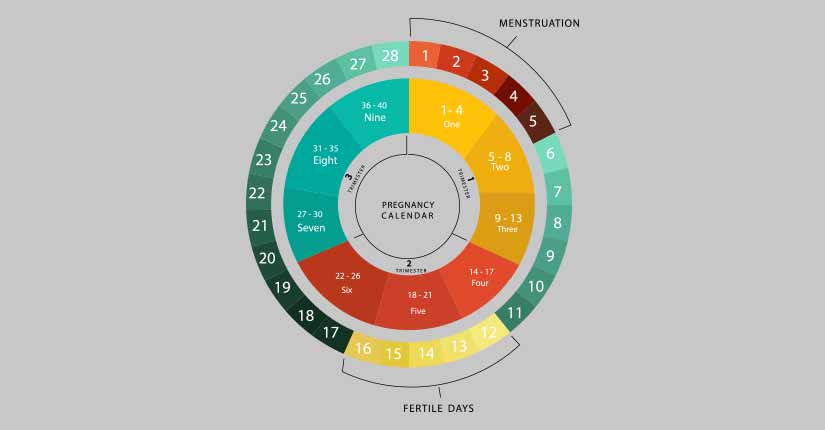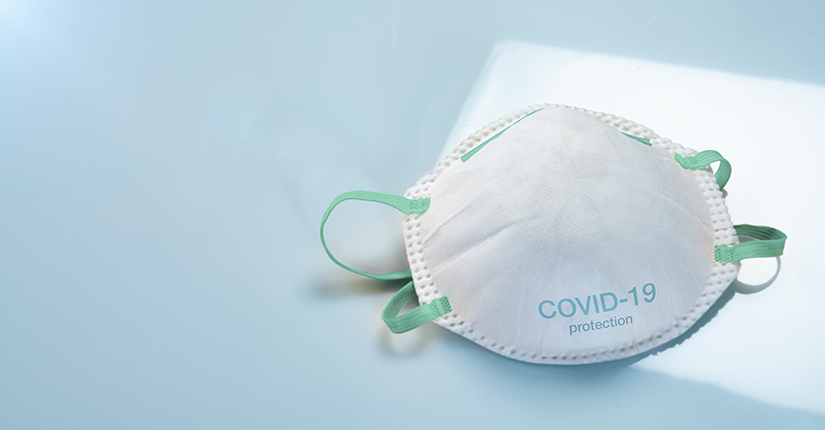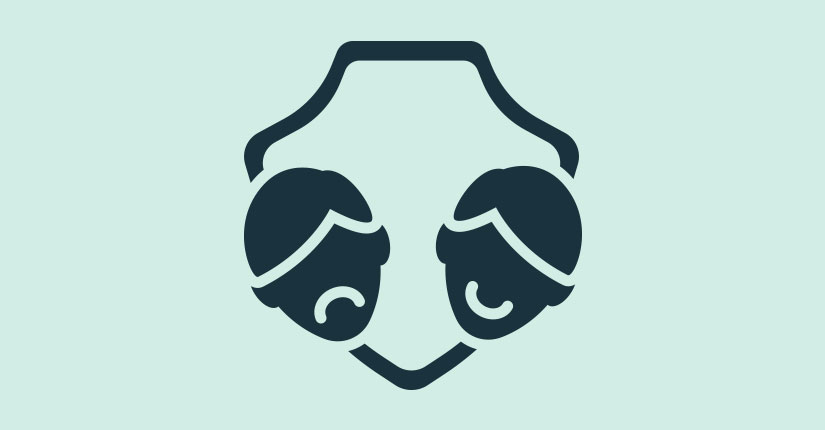Menstrual Migraines- Understanding these hormonal headaches
By Nmami Agarwal 26-Jul 2023 Reading Time: 13 Mins
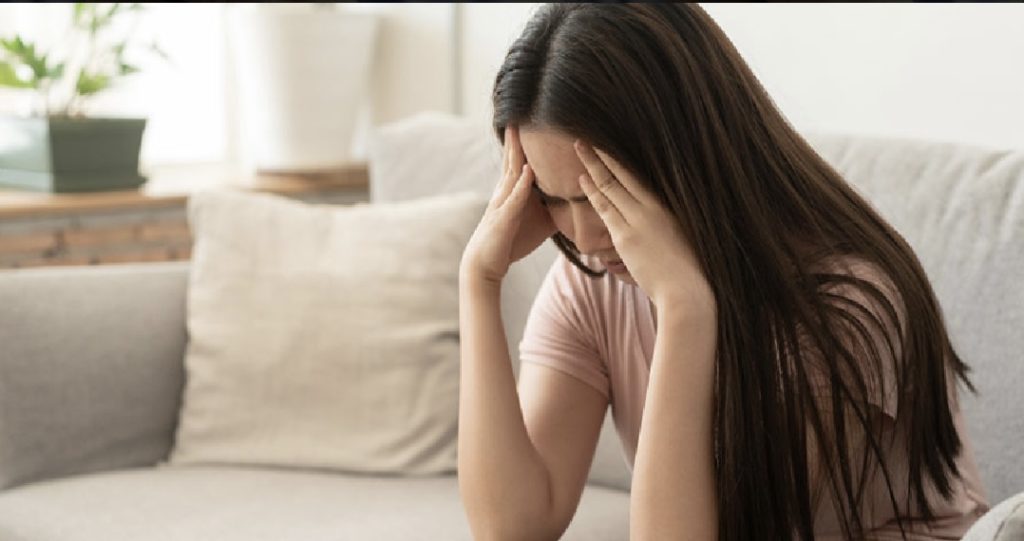
For many women, menstrual migraines can be a monthly nightmare and these headaches can be debilitating and make it difficult to function in daily life. Menstrual migraines can be triggered by hormonal changes during a woman’s menstrual cycle, and can last for several days. Sadly there are no cures for menstrual migraines, there are several solutions that can help alleviate the pain and discomfort associated with them. We will explore the common triggers of menstrual migraines, as well as some strategies and solutions that can help you manage them with the right information and equipment, you can navigate menstrual migraines and live a more comfortable and pain-free life.
Understanding menstrual migraines and how they differ from other types of migraines
Menstrual migraines are a common type of migraine that affects many women during their menstrual cycle. However, it is important to understand that menstrual migraines are different from other types of migraines, and this understanding can help in finding the right solutions and treatments to navigate them effectively. Unlike other types of migraines, menstrual migraines typically occur during the menstrual cycle and are triggered by hormonal changes in the body and these migraines usually occur a day or two before the start of the period and disappear by the end of the cycle. In some cases women may experience migraines throughout their menstrual cycle. The symptoms of menstrual migraines are similar to other types of migraines, including intense headache, sensitivity to light and noise, nausea, and vomiting. However, menstrual migraines may also come with unique symptoms like breast tenderness, mood swings, and bloating.
Causes of menstrual migraines
The exact causes of menstrual migraines are still not fully understood by medical professionals. However, it is believed that hormonal fluctuations are one of the key triggers of menstrual migraines specifically, the drop in estrogen levels that occurs just before menstruation can cause changes in the brain and blood vessels that lead to migraines. Other factors that may contribute to menstrual migraines include diet, stress, sleep disturbances, and certain medications and for some women, certain foods or drinks, such as chocolate, caffeine, or alcohol, can trigger migraines. Stress and poor sleep can also make migraines more likely to occur and it is important to note that not all women who experience menstrual migraines have the same triggers or causes. For other women, migraines may be related to genetic factors or other underlying health conditions. If you are experiencing menstrual migraines, it is important to talk to your healthcare provider to determine the best course of action for your individual needs.
Hormones and menstrual migraines
Migraines are often linked to hormonal changes, and menstrual migraines are no exception and for women, fluctuations in hormones during the menstrual cycle can trigger migraines and changes in estrogen levels can cause migraines to occur. Estrogen levels typically drop just before the start of menstruation and this can cause the onset of menstrual migraines and it’s important to understand that every woman’s menstrual cycle is unique, so the timing and duration of the hormonal changes will differ from person to person. Some women may experience migraines before their period, while others may experience them during or after. The intensity and frequency of migraines can also vary from person to person. It’s important to track your menstrual cycle and the frequency and severity of your migraines to identify any patterns or triggers. This can help you to better manage your migraines and prevent them from occurring.
The menstrual cycle and how it affects migraines
Migraines are a prevalent issue amongst women, and the menstrual cycle can trigger them for many and the menstrual cycle consists of four phases: the follicular phase, ovulation, luteal phase, and menstruation. It’s the latter two phases that can trigger migraines in some women. During the luteal phase, which occurs after ovulation, the levels of estrogen and progesterone fluctuate, and these hormonal fluctuations can trigger migraines. It’s important to note that not all women will experience menstrual migraines, but for those who do, it can be a debilitating experience. There are several treatment options available for menstrual migraines, including over-the-counter pain relief medication, prescription medication, and preventative medication. However, it’s always best to consult with a healthcare professional before starting any medication to ensure it’s the right choice for you. In addition to medication, lifestyle changes can also help manage menstrual migraines which includes getting regular exercise, practicing stress-management techniques such as meditation or yoga, eating a balanced diet, and getting enough sleep.
Common triggers of menstrual migraines
Menstrual migraines are a type of headache that affects many women during their menstrual cycle and the exact causes of menstrual migraines are not fully understood, but there are some common triggers that can be avoided to reduce the likelihood of an attack. Hormonal changes are the primary trigger for menstrual migraines as estrogen levels drop during the menstrual cycle, this can cause changes in the chemicals within the brain that regulate pain. This can lead to a headache that is often accompanied by sensitivity to light and sound and other common triggers include stress, changes in sleep patterns, dehydration, skipping meals, and certain foods and drinks. Common dietary triggers include chocolate, caffeine, alcohol, and aged cheese also keeping a diary of when migraines occur and what you’ve eaten or done before they start can be helpful in identifying potential triggers moreover it’s also important to note that some women are more prone to menstrual migraines than others, and the severity and duration of the headaches can also vary.
Symptoms of menstrual migraines
Menstrual migraines are a specific type of migraine headache that affects women and it occur in a pattern that is related to the menstrual cycle. Symptoms of menstrual migraines can vary from woman to woman, but some common symptoms which include:
1. Throbbing or pulsating pain on one side of the head
2. Sensitivity to light, noise, or smells
3. Nausea and vomiting
4. Visual disturbances, such as seeing flashing lights or zigzag lines
5. Feeling lightheaded or dizzy
Natural remedies for menstrual migraines
When it comes to treating menstrual migraines, some natural remedies can be highly effective. Here are a few options to consider:
1. Magnesium supplements: Magnesium is known to relax blood vessels and muscles, which can help alleviate migraine pain and by making magnesium supplements during the menstrual cycle can help prevent menstrual migraines.
2. Essential oils: Certain essential oils, such as lavender and peppermint, have been shown to reduce the frequency and intensity of migraine headaches by applying these oils topically or inhaling them can provide relief.
3. Exercise: Regular exercise can help regulate hormones and reduce stress levels, both of which can contribute to menstrual migraines and must aim for at least 30 minutes of moderate exercise per day.
4. Acupuncture: Acupuncture has been shown to be an effective treatment for migraine headaches, including menstrual migraines and this ancient practice involves the insertion of small needles into specific points on the body to promote healing and pain relief.
5. Herbal remedies: Certain herbs, such as ginger and feverfew, have been shown to help prevent or alleviate migraine headaches and these can be taken as supplements or brewed into teas.
Coping with menstrual migraines: tips and tricks for everyday life
Coping with menstrual migraines can be incredibly challenging, especially when they strike at unexpected times. However, there are several tips and tricks that can be incorporated into your everyday life to help manage menstrual migraines and reduce their impact. Firstly, maintaining a healthy and balanced diet can help to prevent migraines from occurring and certain foods, such as caffeine, chocolate, and alcohol, can trigger migraines so it’s best to avoid them or keep their consumption to a minimum. Drinking plenty of water throughout the day and staying hydrated can also help to prevent migraines. Secondly, regular exercise can help to reduce the frequency and severity of menstrual migraines also exercise can help to reduce stress levels and release endorphins, which are natural painkillers and mood boosters. Lastly, relaxation techniques such as yoga, meditation, and deep breathing exercises can help to reduce stress and tension, which can trigger migraines and by making regular breaks throughout the day to rest and recharge can also help to prevent migraines from occurring.

